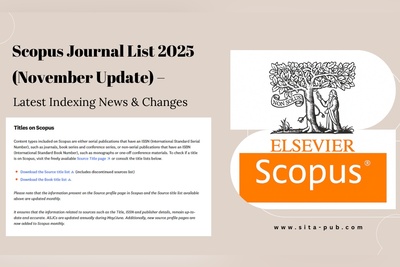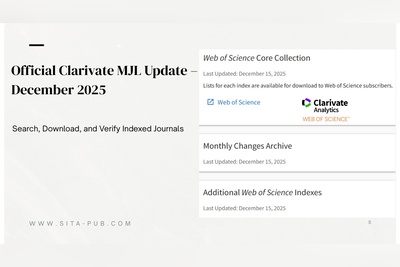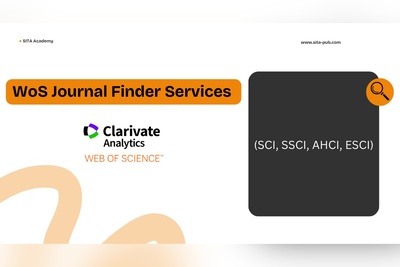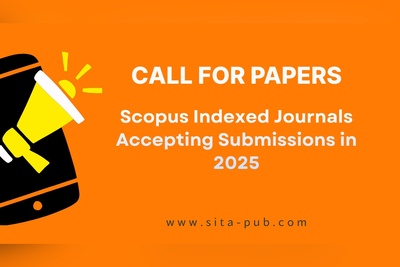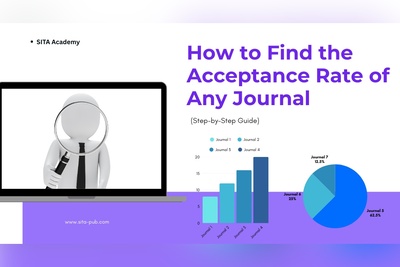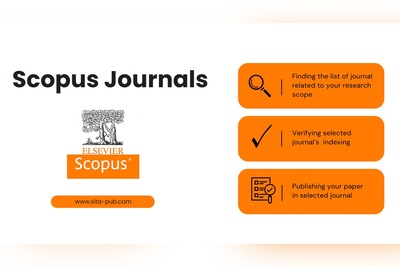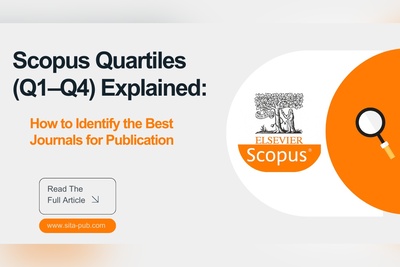Top Scopus Journals for European Researchers: Where to Publish Your Research Paper
Did you know that up to 50% of research papers are rejected at the editorial stage due to submitting to the wrong Scopus journal? This article explains how European researchers can identify top Scopus journals.
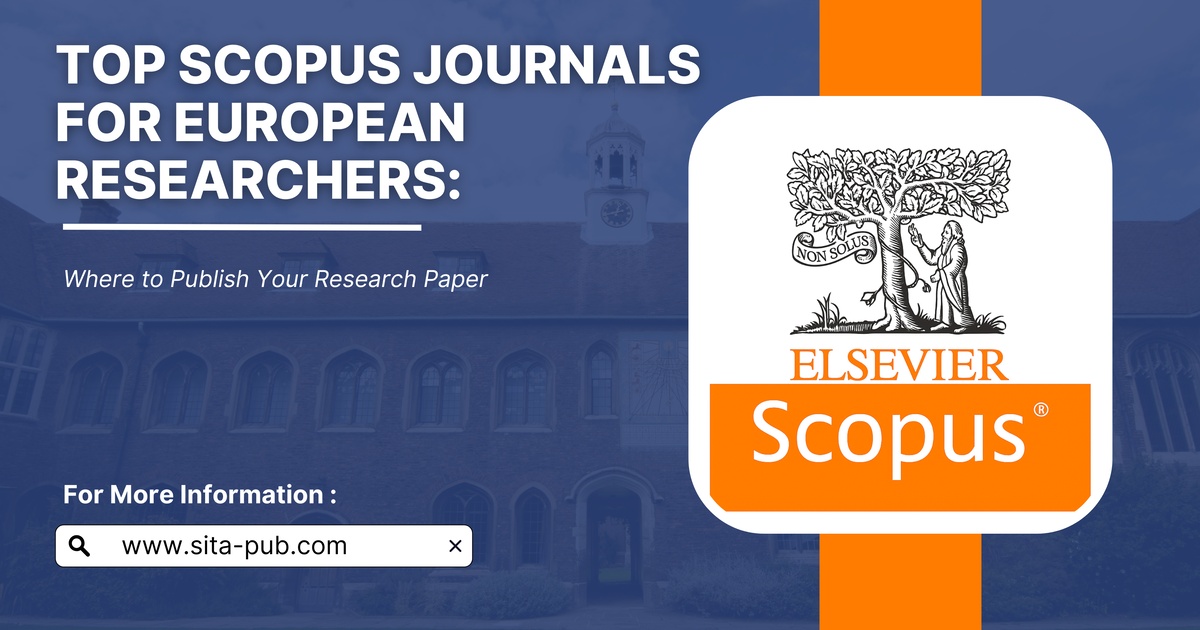
For researchers in European countries like Greece, Portugal, Slovakia, Slovenia, Cyprus, and the Baltic States, selecting the right journal is not only essential for recognition but also often a formal requirement of their universities. Many European universities specifically request publications in Scopus-indexed journals to ensure quality, international visibility, and academic credibility.
However, with thousands of Scopus journals available across disciplines, identifying the most suitable journal for your research can be overwhelming. This article provides practical guidance for European researchers to navigate the selection process, understand what universities expect, and optimize the chances of acceptance.
Why Choosing the Right Scopus Journal Matters
Choosing the correct journal is the most critical step in academic publishing. Submitting to an unsuitable journal can result in:
Desk rejection without peer review.
Wasted time and effort.
Delays in career progression or degree completion.

European researchers face additional considerations: universities often require publications in indexed journals with high international visibility, particularly for grant applications, PhD defenses, and promotion criteria.
Criteria for Selecting a Scopus Journal for European Researchers
Instead of listing specific journals, it’s more practical to focus on criteria that help researchers identify the best-fit journals:

1. Scope and Relevance
Check the journal’s “Aims and Scope” section. Ensure your research topic aligns directly with what the journal publishes.
Even high-impact journals are not helpful if your topic falls outside their focus.
2. Indexing and Database Verification
Ensure the journal is officially indexed in Scopus. Use the Scopus Source List or the SCImago Journal & Country Rank (https://www.scimagojr.com) to verify.
Some journals falsely claim indexing; always confirm before submission.
3. Impact Metrics
Consider CiteScore, SJR, or SNIP as indicators of journal reputation and visibility.
European universities often prefer journals with moderate to high impact metrics, ensuring the research reaches a broader audience.
4. Open Access vs. Subscription
Determine if the journal is open access or subscription-based. Open access journals can increase visibility and citations, which is often valued by universities in Greece, Portugal, Slovakia, Slovenia, Cyprus, and the Baltic States.
5. Acceptance Rate and Review Time
Journals with reasonable acceptance rates and transparent peer review processes are preferable for timely publication.
Check the journal’s website or past author experiences for expected review timelines.
6. Language of Publication
Many European researchers publish in English to ensure international reach.
Verify if the journal accepts English-language submissions, even if it’s based in a non-English-speaking country.
7. Publisher Credibility
Check if the journal is published by a reputable academic publisher. Avoid predatory journals that charge high fees without providing rigorous peer review.
Requirements from European Universities for Scopus Publication
For researchers in these countries, university guidelines may include:
Key Requirements
Scopus-Indexed Journals: Most universities require that research papers are published in peer-reviewed journals indexed in Scopus or Web of Science.
Minimum Impact Metrics: Some institutions require journals to meet a certain SJR, CiteScore, or journal quartile ranking.
International Visibility: Publications are usually expected to be in English to ensure wider global reach.
Peer-Reviewed Publications: Only articles that have undergone rigorous peer review are considered valid for thesis or promotion requirements.
Examples of Publication Requirements for Graduation and Academic Promotion in European Universities
Country | University | Publication Requirement for Graduation | Publication Requirement for Promotion / Academic Career |
Greece | National Technical University of Athens | At least 1 article in Scopus/WoS-indexed journal before PhD defense | Considered for faculty promotion; depends on department criteria |
Aristotle University of Thessaloniki | At least 1 article in internationally indexed journal before PhD defense | Publications in indexed journals are considered for academic promotions | |
Portugal | University of Lisbon | At least 1 peer-reviewed article in Scopus/WoS journal for PhD completion | Indexed publications strengthen promotion applications |
University of Porto | Similar requirement: 1+ peer-reviewed publication in indexed journal before graduation | Required for tenure/promotion evaluations | |
Slovakia | Slovak University of Technology, Bratislava | Doctoral candidates must publish in Scopus/WoS journals | Indexed publications required for academic career advancement |
Slovenia | University of Ljubljana | PhD candidates must publish at least 1 original research article in SCI/SSCI/A&HCI journal | Publications influence promotions and research evaluation |
Cyprus | University of Cyprus | Specific number/type of publications derived from thesis required | Indexed publications important for academic career advancement |
Cyprus University of Technology | Publications from thesis must be published in peer-reviewed indexed journals | Necessary for promotions and academic recognition | |
Baltic States | Vilnius University (Lithuania) | PhD dissertation must include published or accepted articles | Publications considered for promotions and tenure |
Tallinn University (Estonia) | Minimum 3 peer-reviewed publications required for PhD defense | Indexed publications influence academic career progression |
Tips for European Researchers to Improve Acceptance

Pre-select 3–5 journals that meet your criteria before writing your manuscript.
Adapt your manuscript to each journal’s guidelines, including formatting, referencing style, and word limits.
Check for previous publications from European institutions in the journal; this can indicate higher acceptance probability.
Consider translation services if your research was initially written in another language. Submitting in English maximizes reach and compliance with university requirements.
Consult experts or professional services for journal selection and manuscript preparation to reduce the risk of rejection.
Conclusion
Selecting the right Scopus journal is crucial for European researchers,, where university policies may mandate indexed publications. By focusing on journal scope, indexing, impact metrics, language, and publisher credibility, researchers can improve acceptance rates and enhance the global visibility of their work.
Simplify Your Research Paper Publication with SITA Academy
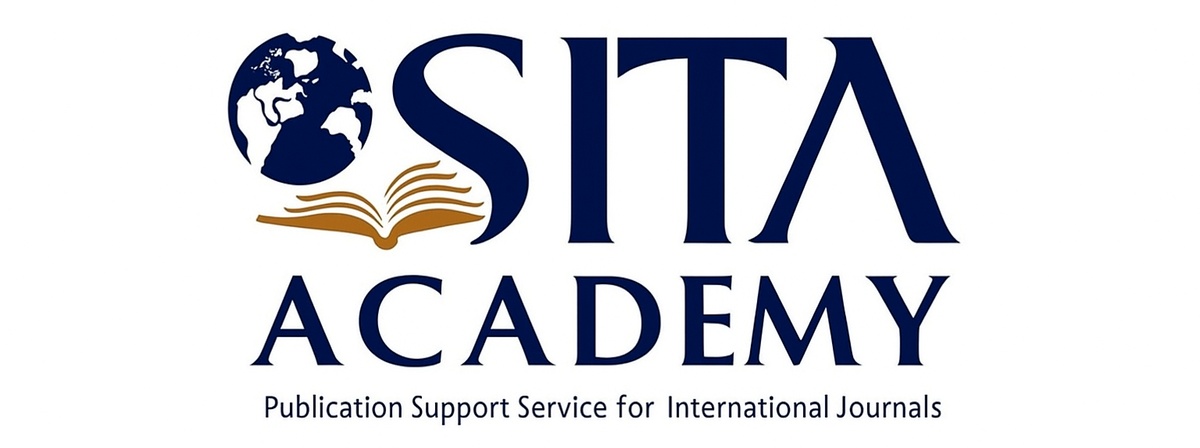
Comprehensive Support Across All Stages
SITA Academy offers end-to-end assistance for research paper publication, guiding you through every stage of the process. With our specialized team and extensive expertise, we make navigating the publication journey efficient, and professional.
How to Receive Your Personalized Journal List
Simply send us your research paper through the channel below. Our experts will carefully analyze it and provide a tailored list of the most relevant journals for your topic, scope, and requirements.
Benefits of Working with SITA Academy
Specialized Journal Recommendations: Receive journals that match your research goals, including details on fees, timelines, and indexing.
Professional Paper Handling: Formatting, submission, and full management of your publication process.
Additional Services: Optional support such as plagiarism checking and removal, native English editing, and translation services.
Don’t Have a Paper Yet?
We can help you build a publication record. Even if your thesis or dissertation is not in English, our team can extract publishable articles and guide you through the process of preparing them for international journals.
Send us your paper to receive detailed information
Verified Contact Channels
If you have any questions, inquiries, or would like to learn more about our services, please don't hesitate to reach out to us. Our dedicated team is ready to assist you.





